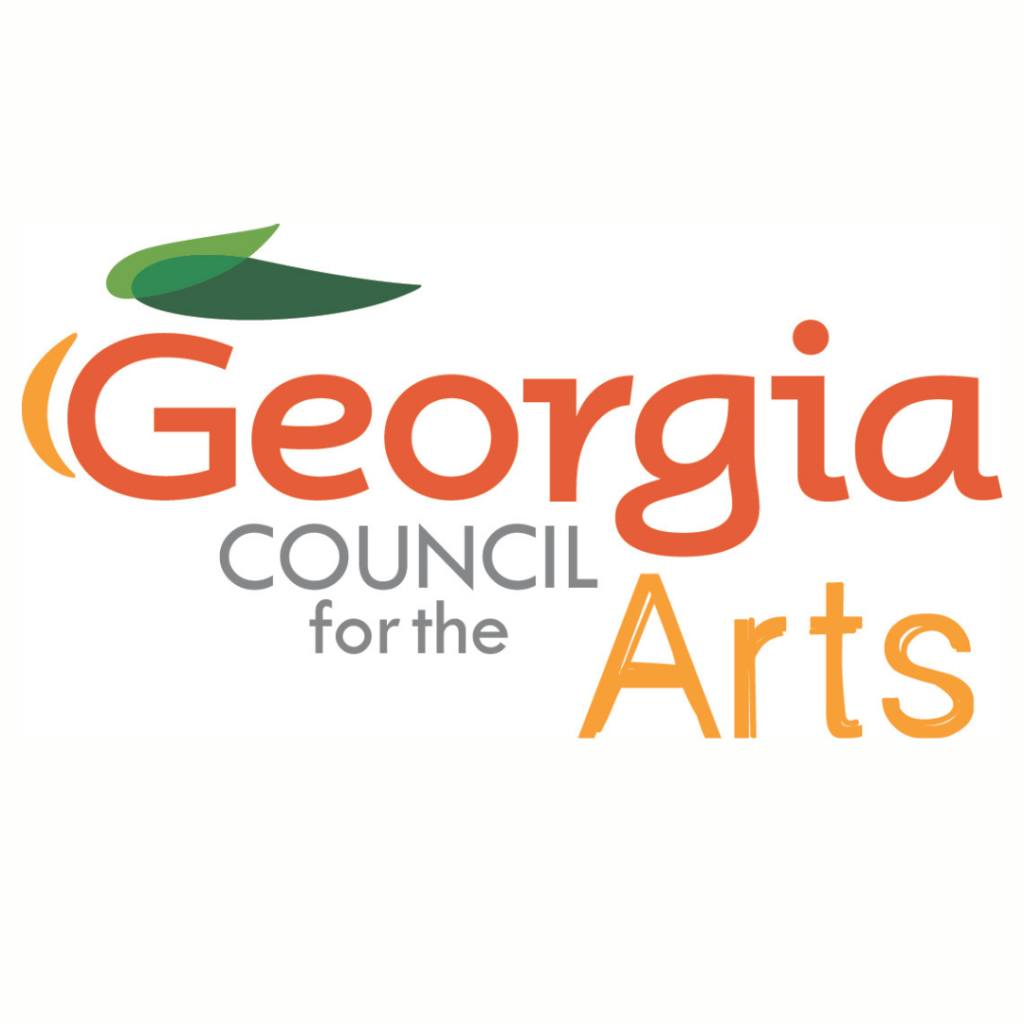Celebrating Georgia’s Hispanics
From September 15 to October 15, it's National Hispanic Month
Celebrated each year from Sept. 15 to Oct. 15, National Hispanic Heritage Month celebrates generations of Hispanic Americans and features many events and tributes in Georgia honoring the accomplishments of our 1.13 million residents of Latin American descent.
Hispanics comprised 9.2% of workers and owned 8.4% of businesses (90,000 plus) in Georgia as of 2022. There is considerable room for growth: Hispanic-owned businesses represent only 2.1% of business revenues though people of Hispanic descent represent 9.9% of the state population. There are considerable resources for the Hispanic business community, with special efforts to decrease this disparity.
The Georgia Hispanic Chamber of Commerce advocates for policy as well as supporting leadership, workforce, economic and small business development for the Latino community, with networking groups in Gwinnett, North Fulton, Cobb, Douglas and DeKalb counties, as well as in Gainesville and South Georgia. It also offers procurement opportunities with local, state and county officials as well as a business accelerator program through its Hispanic Business Center in Atlanta.
The Latin American Chamber of Commerce of Georgia works to provide entrepreneurship, technical assistance and business support programs, working with both Latino and non-Latino nonprofits in Dalton, Athens, Augusta and Habersham County.
The Latino Community Fund offers grants, scholarships and seed funding to partner organizations, students and micro-entrepreneurs.
The Latin American Association, founded in 1972, now includes centers in Athens, Atlanta, Lawrenceville and Dalton and offers citizenship clinics and classes for eligible green card holders, adult education, an empowerment program for Latina entrepreneurs, immigration legal services and family well-being services.
Another group, GALEO, formerly known as the Georgia Association of Latino Elected Officials, helps support civic engagement and offers job listings on its website.
While not business-specific, the Hispanic Alliance is based in Hall County (featured in this issue) and helps 3,000 families each month access nutritious food. More than 60,000 Hispanics live in Hall County, and according to the Hispanic Alliance website, many children who are living in poverty don’t receive help from federal and state programs, such as the Special Supplemental Nutrition Program for Women, Infants and Children or consistent healthcare, particularly if their parents are undocumented and are fearful of being discovered and deported (even if the children are U.S. citizens).
Immigrants frequently feel the scorn of populist politics, though the numbers don’t support common arguments: Immigrants do not commit more crimes than U.S.-born Americans and are not stealing jobs from Americans (of any color).
In fact, the growth of the nation’s economy depends on immigrants. In February the Congressional Budget Office (CBO) issued a report projecting a labor force increase of 5.2 million people in the next decade, mostly due to higher net immigration. The CBO estimates by 2034, the GDP will increase by about $7 trillion, and revenues will be greater by about $1 trillion than they would have been without immigration.
According to the U.S. Census Bureau, the Hispanic population is expanding at a faster rate (1.8% annually) than the non-Hispanic population, which increased by just .2%. This is primarily due to a natural increase in the Hispanic population, meaning there are more births than deaths. Non-Hispanic Whites are the only category to experience a population loss – in fact, most of the remaining growth in the non-Hispanic category largely came from other immigrants.
Federal Reserve Chair Jerome Powell credited immigrants with staving off a recession, with 70% of the country’s 1.7 million population jump in 2023 attributed to immigration. (The CBO puts the increase at closer to 3.3 million).
All this is to say that immigrants remain vital to the success of both Georgia and the country at large, making housing more affordable by providing needed construction labor and addressing other workforce concerns. It’s the cycle of poverty and barriers to assimilation, not immigrants themselves, that are the root causes of high crime and social issues.
We should honor the history of our minority communities as we work to reverse the prejudice that continues to hamper their potential to help our economy and address economic disparities. 







